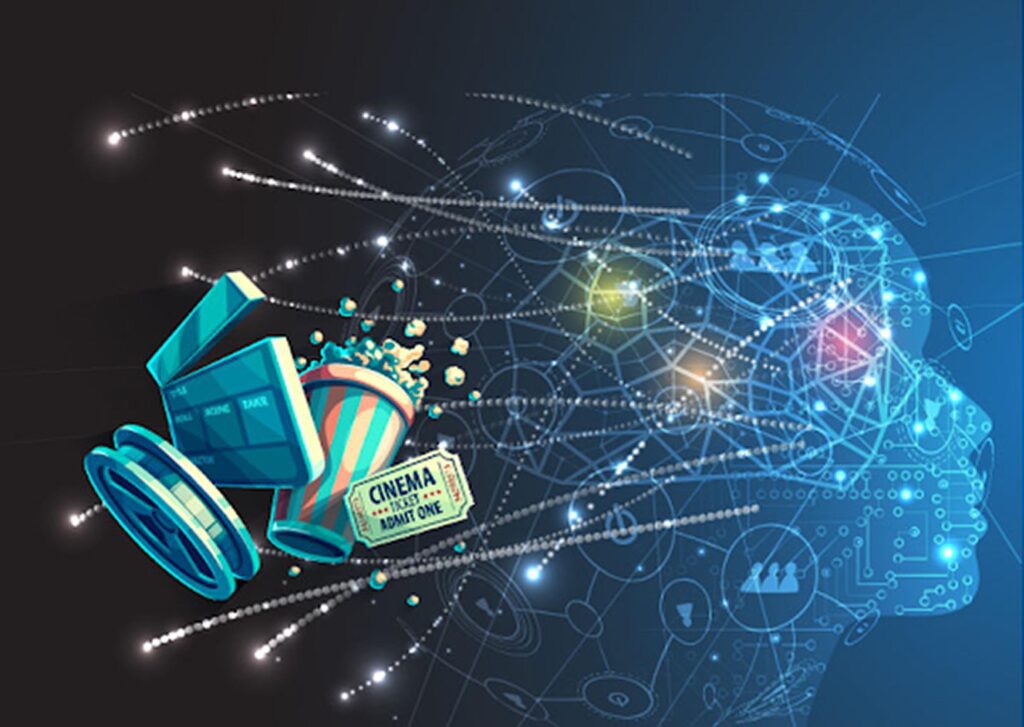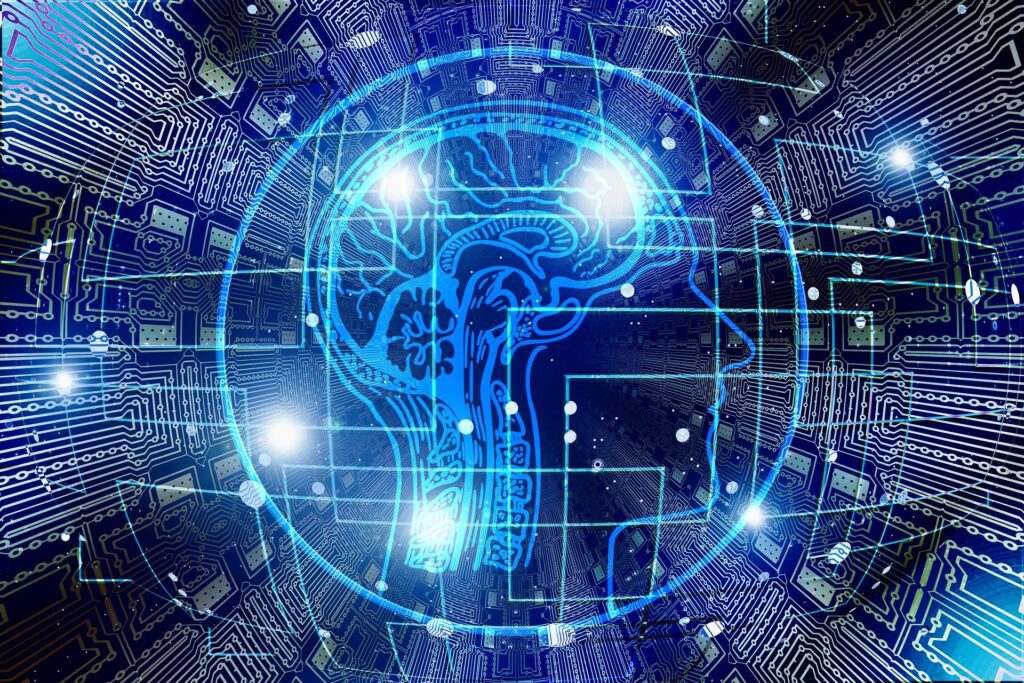Is OpenAI’s stock *rising* because of Microsoft’s military connections?
In a rather rapidly evolving digital era, the question on everyone’s mind is: what’s next for Artificial Intelligence (AI)? This question becomes increasingly significant when considering the recent dramatic turn of events at OpenAI, the company behind the revolutionary ChatGPT.
Sam Altman, the charismatic CEO of OpenAI, found himself at the center of a storm that has raised eyebrows across the tech world. What does this mean for the future of AI, OpenAI’s stock, and, more importantly, for us?

The Letter That Changed Everything
Just days before an unexpected shakeup, a group of concerned OpenAI staff penned a letter to the board of directors. Their subject? A groundbreaking AI discovery with the potential to change everything. This letter, as told by insiders, was a pivotal moment leading to Altman’s sudden ouster.
The researchers, whose identities remain undisclosed, expressed grave concerns about the commercialization of such advanced technologies without fully grasping the potential consequences.
Enter Q*, pronounced “Q-Star”, a project shrouded in mystery and optimism. This AI model, still in its nascent stages, showed an ability to solve mathematical problems at a level reminiscent of grade-school students. While this may not sound groundbreaking, the implications are profound.
In the world of generative AI, where the current focus is on language and writing, venturing into the realm of mathematics symbolizes a step closer to what is known as Artificial General Intelligence (AGI) – a system that could potentially outperform humans in most economically valuable tasks.

The AI Frontier: Beyond Language
Mathematics, often seen as the final frontier in AI development, presents a unique challenge. Unlike language, where answers can vary, math has definitive right and wrong answers. This pushes AI towards a more human-like reasoning capability, opening doors to potentially revolutionary applications in scientific research.
However, this leap forward is not without its dangers, as highlighted by the OpenAI researchers in their alarming letter to the board.
Sam Altman, a figure synonymous with the rise of ChatGPT and generative AI, was at the forefront of pushing the boundaries of what AI could achieve. His vision and leadership saw ChatGPT become one of the fastest-growing software applications in history. This success, however, was not enough to shield him from the fallout following the letter from concerned researchers. OpenAI’s stock holders were just as impatiently curious as well.
In a surprising move, the board stripped Altman of his CEO title, citing a failure to be “consistently candid in his communications”. This decision sent shockwaves through the tech community, raising questions about the future direction of OpenAI and the ethical considerations of AI development.

AI’s Uncharted Territory
As we stand at the cusp of a new era in AI, the road ahead is fraught with both unparalleled opportunities and unprecedented challenges. The case of OpenAI and Sam Altman serves as a reminder of the delicate balance between technological advancement and ethical responsibility.
The questions remain: How will we navigate this new world shaped by AI? And more importantly, are we ready for the changes it will bring to our lives and our understanding of humanity itself?
So, as we ponder the future of AI, one final question lingers: Are we at the brink of an AI-driven golden age, or are we stepping into uncharted territory that could redefine humanity itself?



